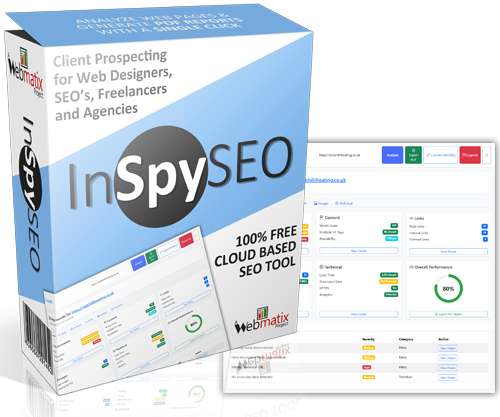Leverage Influencer Marketing for Your E-commerce Store
In today’s digital age, influencer marketing has emerged as a powerful tool for businesses, especially for e-commerce stores. If you want to enhance your online presence and boost sales, understanding how to leverage influencer marketing can make a significant difference. This article will guide you through the essentials of influencer marketing and how it can be effectively implemented in your e-commerce strategy.
What is Influencer Marketing?
Influencer marketing involves collaborating with individuals who have a significant following on social media or other platforms. These influencers have built trust with their audience, allowing them to sway opinions and drive purchasing decisions. For e-commerce stores, partnering with the right influencers can lead to increased brand awareness, traffic, and sales.
Benefits of Influencer Marketing for E-commerce
Here are some of the key reasons why leveraging influencer marketing is essential for your e-commerce store:
- Increased Brand Awareness: Influencers can introduce your brand to a wider audience, giving you exposure to potential customers who may not have discovered you otherwise.
- Enhanced Credibility: When an influencer endorses your products, it enhances your brand’s credibility, as their followers trust their recommendations.
- Targeted Marketing: Influencers often focus on specific niches, allowing you to reach a highly targeted audience that aligns with your product offerings.
- Greater Engagement: Influencers typically have high engagement rates, meaning their followers are more likely to interact with your brand through likes, comments, and shares.
- Boost in Sales: Influencer recommendations can lead to immediate spikes in sales, especially if the influencer shares discount codes or exclusive offers.
How to Find the Right Influencers
Not all influencers are created equal. Here are steps to identify the right influencers for your e-commerce store:
1. Define Your Target Audience
Understanding your target audience is crucial. Who are they? What are their interests? Knowing this will help you find influencers who resonate with them.
2. Research Influencers in Your Niche
Look for influencers who specialize in your industry. Use platforms like Instagram, YouTube, and TikTok to find individuals who have a strong following and engage with content related to your products.
3. Analyze Engagement Rates
It’s essential to consider not only the number of followers an influencer has but also their engagement rate. A smaller but highly engaged audience can be more valuable than a larger but less active one.
4. Check Authenticity
Ensure that the influencer has a genuine connection with their audience. Look for signs of authenticity such as personal stories, real interactions, and organic content.
Strategies to Leverage Influencer Marketing
Once you’ve identified the right influencers, here are some strategies to effectively leverage their reach:
1. Collaborate on Content Creation
Work with influencers to create engaging content that showcases your products. This could include blog posts, videos, or social media posts that highlight the unique features of your products.
2. Host Giveaways and Contests
Collaborate with influencers to host giveaways or contests. This not only increases engagement but also encourages followers to share your brand with their networks.
3. Use Affiliate Marketing
Set up an affiliate marketing program where influencers earn a commission for every sale they generate. This incentivizes them to promote your products actively.
Encourage influencers to create content using your products and share it on their platforms. Showcase this user-generated content on your own social media and website to build trust with potential customers.
Measuring the Success of Influencer Marketing
To ensure your influencer marketing efforts are effective, you need to measure their success. Here are some metrics to consider:
- Traffic: Monitor the increase in traffic to your website from influencer promotions.
- Engagement: Analyze likes, shares, and comments on posts related to your campaign.
- Sales: Track sales generated from influencer links or discount codes.
- Return on Investment (ROI): Calculate the overall ROI from your influencer marketing efforts to determine its effectiveness.
Conclusion
Influencer marketing is a potent strategy for e-commerce stores looking to enhance their brand visibility and increase sales. By understanding the principles of influencer marketing and implementing effective strategies, you can leverage this powerful tool to connect with your target audience and drive your business forward. Start by identifying the right influencers for your niche, collaborate on impactful campaigns, and measure your success to refine your approach. With the right tactics, influencer marketing can be a game-changer for your e-commerce store.

Leave a Reply